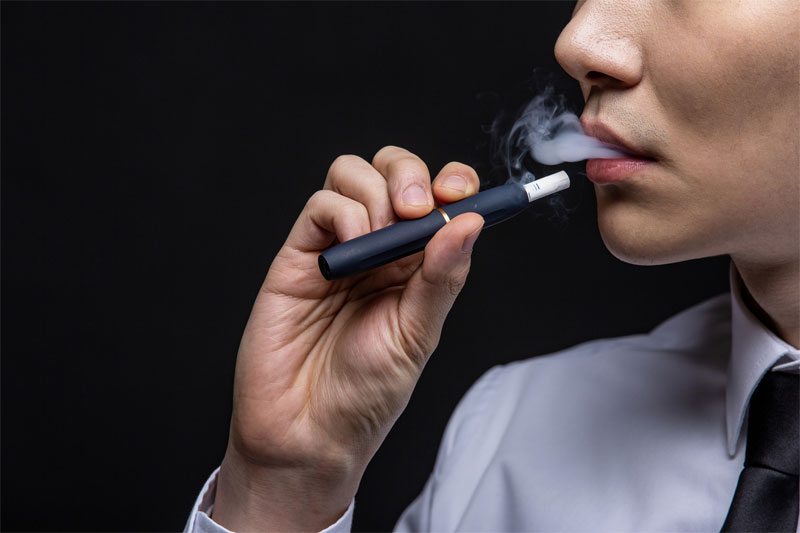
Vietnam has become a focal point for discussions about e-cigarettes, given its unique position in the Southeast Asian market. Understanding the customs rules concerning e-cigarette imports is essential for businesses and consumers alike. Import regulations in Vietnam are intricate and require diligent attention to detail due to the nuances in policy enforcement and the evolving legal landscape.
Understanding Vietnam’s E-Cigarette Customs Regulations
The importation of e-cigarettes into Vietnam is subject to specific rules, which are designed to control the inflow and distribution of vaping products. It is crucial for importers to be aware of these regulations to avoid legal issues. Vietnamese customs laws classify e-cigarettes within a broader category of tobacco products, meaning they are subject to taxations and import duties similar to traditional tobacco goods. This classification impacts both the cost and the paperwork required for clearance.
Customs Clearance Process
To clear customs, an importer must submit detailed documentation including product specifications, commercial invoices, and certificates confirming compliance with Vietnamese health standards. The Vietnamese government has specific requirements to ensure the safety of e-cigarette products, which can include chemical analyses and certifications from authorized international bodies. Familiarity with these requirements is indispensable for a smooth importation process.
E-Cigarette Taxation
Vietnam imposes several taxes on e-cigarette imports, including import duties, VAT, and special consumption taxes. Understanding these layers of taxation is vital. Import duties vary depending on the type and quantity of product, VAT is set at a standard rate, and special consumption taxes are levied to deter excessive use. For businesses and retailers, factoring these costs into pricing models is essential to maintain competitive market positioning.
E-cigarettes, while not illegal, face scrutiny due to health concerns and regulation updates aiming to curb usage, especially among the youth. For consumers, it is important to be aware of the legal landscape governing personal purchases and usage.
Legal Landscape and Changes
Vietnam’s stance on e-cigarettes is constantly evolving. Recent public health campaigns have focused on informing about the health risks posed by vaping. Consequently, regulatory frameworks are expected to undergo revisions. Industry stakeholders must stay informed about potential changes to ensure compliance.

Frequently Asked Questions
- Are e-cigarettes illegal in Vietnam?
 No, but they are closely regulated with potential changes in legislation expected.
No, but they are closely regulated with potential changes in legislation expected. - Can individuals bring e-cigarettes into Vietnam for personal use? Yes, within permissible limits and subject to applicable taxes.
- What should businesses do to comply with import laws?
 Businesses must ensure thorough documentation and adhere to health and taxation regulations to import legally.
Businesses must ensure thorough documentation and adhere to health and taxation regulations to import legally.
In summary, navigating Vietnam’s e-cigarette customs rules requires understanding their unique legal and regulatory framework. This includes being aware of necessary documentation, taxation, and anticipating future legislative changes that could impact the industry. Staying informed and compliant is key to succeeding in the Vietnamese e-cigarette market.
